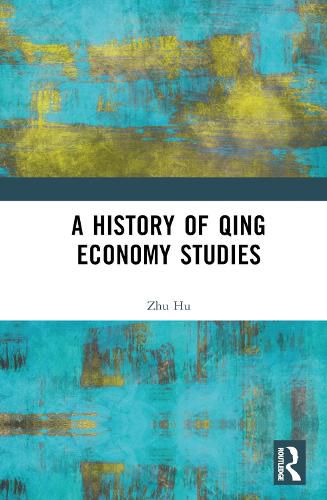Readings Newsletter
Become a Readings Member to make your shopping experience even easier.
Sign in or sign up for free!
You’re not far away from qualifying for FREE standard shipping within Australia
You’ve qualified for FREE standard shipping within Australia
The cart is loading…






This book is a historiographical study of the economic history of the Qing dynasty that systematically examines the research paradigms underlying the range of historical studies conducted over the past century.
In reviewing historical studies of the economic history of the Qing dynasty from an epistemological and methodological perspective, the book explores how this research area emerged and developed and explores the three major paradigms that dominate the field: the revolutionary historical paradigm based on productive relations; the modernization paradigm centring on productivity and the Chinese-centric approach that seeks to understand the internal momentum of economic development. It is shown that shifts in paradigms derive not only from the linear derivation of academic ideas but are also closely related to wider changes in society and social discourse. Hence, the author proposes an approach that studies economic and social history with an emphasis on social practice, shedding light on a better understanding of the direction of China's economic history.
The title will benefit scholars and students interested in economic history and modern Chinese history.
$9.00 standard shipping within Australia
FREE standard shipping within Australia for orders over $100.00
Express & International shipping calculated at checkout
This book is a historiographical study of the economic history of the Qing dynasty that systematically examines the research paradigms underlying the range of historical studies conducted over the past century.
In reviewing historical studies of the economic history of the Qing dynasty from an epistemological and methodological perspective, the book explores how this research area emerged and developed and explores the three major paradigms that dominate the field: the revolutionary historical paradigm based on productive relations; the modernization paradigm centring on productivity and the Chinese-centric approach that seeks to understand the internal momentum of economic development. It is shown that shifts in paradigms derive not only from the linear derivation of academic ideas but are also closely related to wider changes in society and social discourse. Hence, the author proposes an approach that studies economic and social history with an emphasis on social practice, shedding light on a better understanding of the direction of China's economic history.
The title will benefit scholars and students interested in economic history and modern Chinese history.